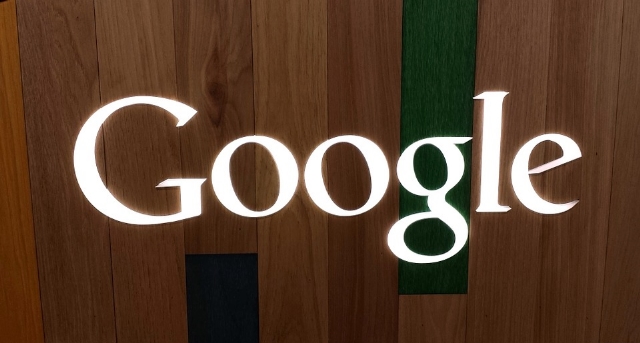
If you operate a website that is frequently creating or changing pages – such as an e-retail or publishing site – you’ve probably noticed it can take Google a while to update the search engine with your new content.
This has led to widespread speculation about just how frequently Google indexes pages and why it seems like some types of websites get indexed more frequently than others.
In a recent Q&A video, Google’s John Mueller took the time to answer this directly. He explains how Google’s indexing bots prioritize specific types of pages that are more “important” and limit excessive stress on servers. But, in typical Google fashion, he isn’t giving away everything.
The question posed was:
“How often does Google re-index a website? It seems like it’s much less often than it used to be. We add or remove pages from our site, and it’s weeks before those changes are reflected in Google Search.”
Mueller starts by explaining that Google takes its time to crawl the entirety of a website, noting that if it were to continuously crawl entire sites in short periods of time it would lead to unnecessary strain on the server. Because of this, Googlebot actually has a limit on the number of pages it can crawl every day.
Instead, Googlebot focuses on pages that should be crawled more frequently like home pages or high-level category pages. These pages will get crawled at least every few days, but it sounds like less-important pages (like maybe blog posts) might take considerably longer to get crawled.
You can watch Mueller’s response below or read the quoted statement underneath.
“Looking at the whole website all at once, or even within a short period of time, can cause a significant load on a website. Googlebot tries to be polite and is limited to a certain number of pages every day. This number is automatically adjusted as we better recognize the limits of a website. Looking at portions of a website means that we have to prioritize how we crawl.
So how does this work? In general, Googlebot tries to crawl important pages more frequently to make sure that most critical pages are covered. Often this will be a websites home page or maybe higher-level category pages. New content is often mentioned and linked from there, so it’s a great place for us to start. We’ll re-crawl these pages frequently, maybe every few days. maybe even much more frequently depending on the website.”






